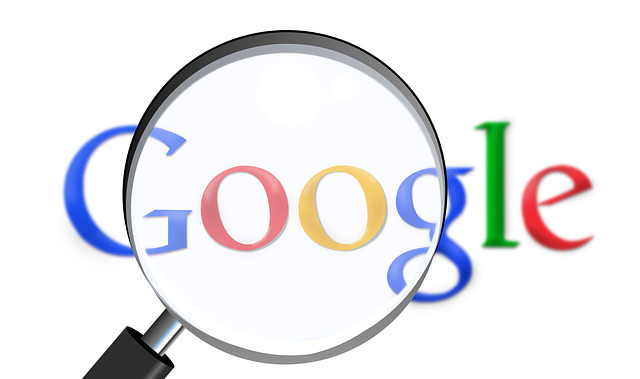
If you want your author website to be a book-selling machine, you have some options. You can pay for website traffic via pay-per-click methods (expensive) such as Adwords, BingAds, Facebook Ads, etc. or you can optimize your website so that it attracts organic traffic (less expensive). Or you can utilize both paid and organic traffic options. Here’s what you don’t want to do, though: sit back and wait for people to find your website. That just doesn’t happen. You need to be proactive. Here are five very basic search engine optimization tips for your author website, brought to you by Totally Clickful Marketing, a top NH SEO company:
- Perform keyword research. Find keywords that relate to your book(s). For instance, maybe your book is Christian Fiction. You would want to add the term “Christian Fiction” in your website’s homepage title tag. It would read “Your Name – Christian Fiction Author”. The title of your website is probably the single most important onsite SEO factor. Search engines see the title of your website and use that info to help determine the topic of your website.
- Once you’ve decided on your keywords and sprinkled them in the website’s title, it’s time to update the meta description. This too should include your keywords. Also update your meta keywords.
- Next, you should include content — text and images — on your website that contain your keywords. It’s important that you use your keywords in the text sparingly (blogging on your author website using your keywords will also help attract traffic). However, don’t go overboard and “stuff” as many keywords in your text as possible. “Keyword stuffing” isn’t appreciated by Google and your site could get penalized…. And how in the world does one add keywords to an image? Easy. You add image alt attributes.
- Each page on your website will have its own URL. A URL is basically the address of a page. So you might create a URL for your about page as follows: www.yourauthorwebsite.com/about. That isn’t a very search engine friendly URL. Instead, consider creating URLs that contain the keywords and possibly match the title. For example, www.yourauthorwebsite.com/about-christian-fiction-author.
- You should also focus on quality link building, also known as offsite SEO. Google counts backlinks as votes of popularity, so quantity matters but quality is much more important these days. You should only pursue high-quality backlinks. With enough high-quality backlinks your website should start appearing in Google search engine results pages for your keywords.
Obviously, this is an incredibly basic primer on SEO. There are actually around 200 Google ranking factors to keep in mind for your author website. Search engine optimization is an extremely effective method of promoting your website, but it can also be annoyingly complicated and time-consuming. If you’d rather spend more time on writing than doing SEO, it’s highly recommended that you hire a professional SEO services company. As a leading NH SEO agency, Page SEO Company can handle all of the onsite and offsite SEO for you, so you can get back to writing. Of course, if you don’t have a marketing budget feel free to try your own hand at SEO. Hopefully the SEO basics above will at least put you on the right track!
